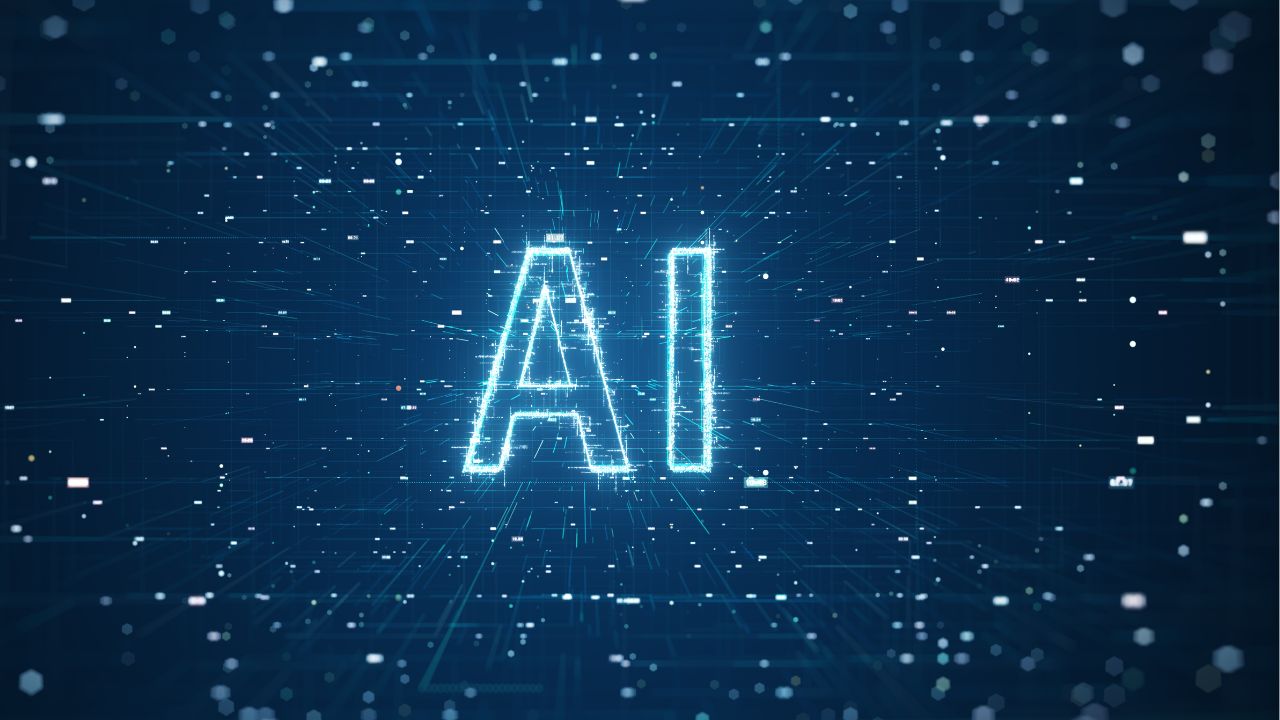
Mitigating Cyber Threats in Healthcare: Leveraging AI for Enhanced Security and Protection
The increased use of technology has opened new horizons in the field of healthcare, but it has also brought forth new challenges. One of these challenges is the growing threat of cybercriminals, who are increasingly targeting healthcare organizations.

Healthcare institutions face frequent cyberattacks despite efforts to ensure cyber security. These attacks can have catastrophic consequences, forcing organizations to block incoming patients or deal with data breaches and identity theft. However, Artificial Intelligence (AI) in healthcare can enhance the security and functioning of these organizations.
By detecting vulnerabilities in incoming messages, AI can prevent phishing attacks and impersonation. Its ability to analyze large volumes of data enables timely detection of unusual patterns. AI in healthcare can also aid in preventing more advanced attacks and safeguarding health data. With warnings of potential fraud, healthcare professionals can exercise caution before disclosing personal information. Artificial intelligence is an integral part of safeguarding health and patient data.
Ransomware attacks by cybercriminals lock essential network elements and demand payment. These attacks have intensified, threatening entire networks and potentially leaking information. Attackers can purchase ready-made ransomware or hire gangs to carry out attacks. A study within healthcare organizations revealed increasing attacks, resulting in service disruptions. Researchers suggest the use of AI for proactive detection and response. Despite digitization, the lack of education in cyber security remains an issue. AI-enabled education can cater to learners’ needs, bridging knowledge gaps. Healthcare sector employees need to perceive security as their responsibility, and organizations must implement security protocols.
In summary, the rise of ransomware attacks can be tackled with the utilization of AI, which emerges as an integral component in protecting health and patient data. It provides the capability to address highly complex threats, not only through detection but also through proactive responses. Ultimately, the collaborative effort of healthcare professionals, organizations, and AI forms the foundation for secure and effective healthcare service delivery in the modern digital world.
